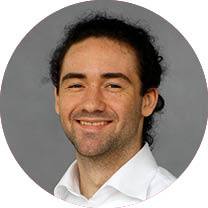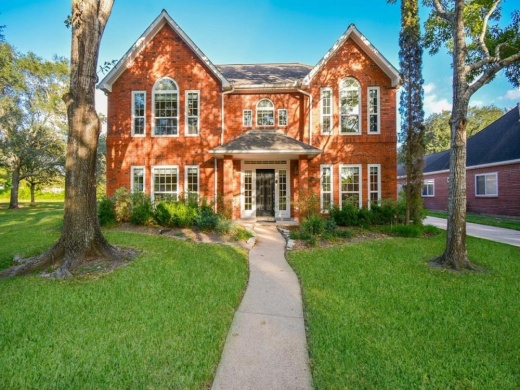With an eye toward older homes, the city of Sugar Land is working on a grant program that would reimburse residents up to 25% of the cost for street-facing home improvements.
Dubbed the Great Homes Update Program, the grant is aimed at refreshing homes across the city. The older the home, the more residents can receive. As it stands, the program will offer residents up to 25% or $10,000 for homes built before 1994 with a value of less than $370,000, and 10% for homes built after 1995 and worth more than $370,000. Revitalization projects must be street-facing and cost between $4,000-$40,000. Approved projects include driveway resurfacing, facade improvements, landscaping and more.
According to city documents citing the 2011-2015 American Community Survey 5-year Estimates, 51.6% of the city’s 28,861 housing units were built before 1990, and many homes now look dated after 30 years of weathering. City officials said during the program's presentation Dec. 6 that the city of Sugar Land finds itself in a position where it must spark local interest or risk losing residents.
As much as $2 million is estimated to be set aside for the program over two years, which city documents claim could affect anywhere from 400-4,000 homes, assuming total project costs are between $5,000-$20,000. The city is planning to set aside $500,000 for the first year’s implementation, to be taken from the general fund.
A sister grant, called the Great Homes Design Program, is planned to be rolled out alongside the Great Homes Update Program and will offer eligible residents up to a $500 reimbursement for the cost of design services.
Early days
The program has yet to be rolled out, and there are still several issues to iron out.
Sugar Land Mayor Pro Tem Stewart Jacobson said during a City Council workshop that homeowners associations often push back against redesign projects, which may make it difficult for many homeowners to get the green light from their neighborhood organizations.
Additionally, Council Member William Ferguson told the City Council the program would not have his support so long as it received monies through the general fund. Ferguson pointed out that the program does not necessarily target low-income neighborhoods, telling the council that he “could not in good conscience” agree to the program so long as it used ad-valorem property tax from low-income residents.
The program is expected to be brought back before the City Council in January, when more information will be made available. Both programs are tentatively scheduled to be rolled out in February, according to city documents.





